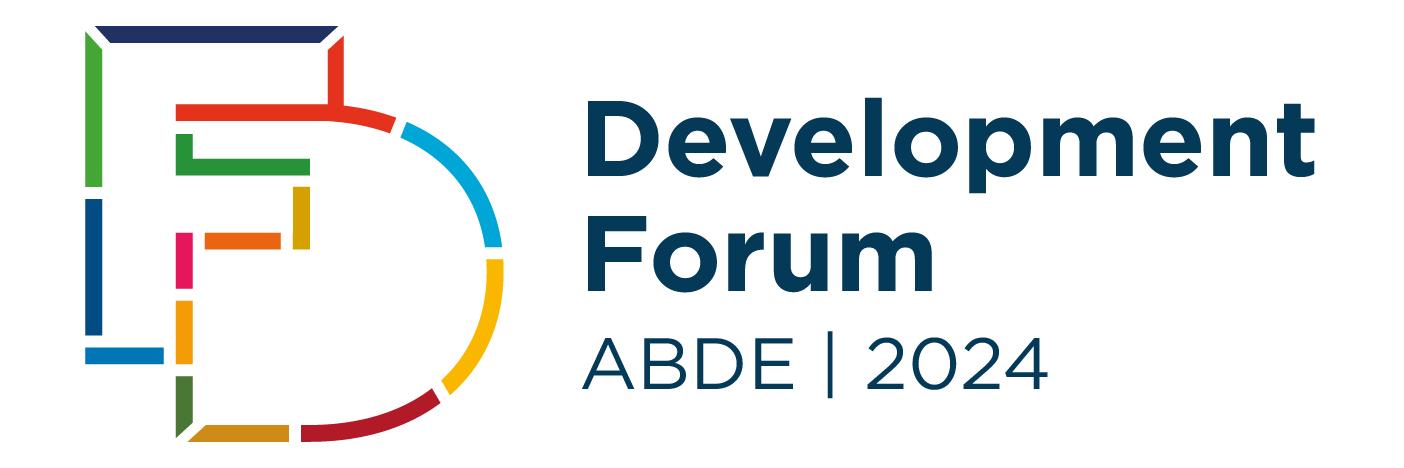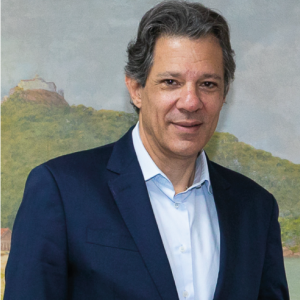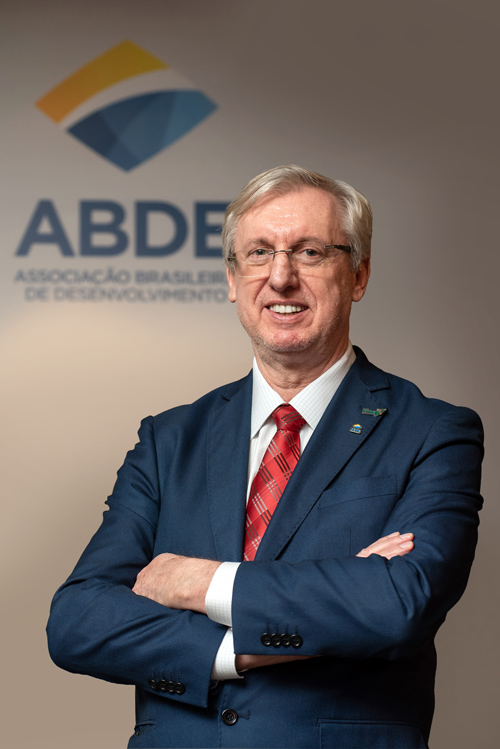Challenges and opportunities for development financing in Brazil
The deadline agreed by the member countries of the United Nations for meeting the global sustainability goals is approaching, increasing the need to step up efforts to implement the transition agendas. The future is built today, as a result of individual and collective actions. It is therefore urgent that we find the paths that materialize the vision of development combined with the preservation of the environment, biodiversity and the reduction of inequalities. We urgently need to act more and better to achieve all the sustainable development goals.
Faced with this critical moment, a race against time has begun to curb the impacts of climate change and limit global warming to 1.5º C above pre-industrial levels, the level set in the Paris Agreement in 2015. Brazil's current climate targets, known as Nationally Determined Contributions (NDCs), establish a 50% reduction in greenhouse gas emissions by 2030. This effort depends on a large volume of resources for decarbonizing the economy, with the activation of national and international financing opportunities and green economic development plans that are capable of scaling up climate action in Brazil.
The global context, marked by geopolitical disputes with global ramifications and the long-term effects of the Covid-19 crisis, challenges the commitments, capacities and cooperation created in recent years to achieve the United Nations Sustainable Development Goals (SDGs). Furthermore, the progress of this agenda is jeopardized by the serious setbacks seen in relation to poverty, food security, environmental preservation and other fundamental goals for achieving a sustainable development model on a global scale. The obstacles are numerous, but they are not insurmountable if we make the sustainability agenda a top priority and implement appropriate and feasible action plans. Armed with globally agreed missions, such as the 2030 Agenda, capable of guiding progress towards a fairer, more inclusive and sustainable world, we are on a path compatible with achieving the expected results.
National development policies have been regaining momentum in the world's major countries since at least the 2008 financial crisis. In line with this movement, the Brazilian federal government launched the 2024-2027 Multiannual Plan (PPA) in 2023, whose priorities include several SDGs, such as combating hunger and reducing inequalities; basic education; primary and specialized health care; neo-industrialization, work, employment and income, and combating deforestation and tackling the climate emergency. Also in 2023, the New Growth Acceleration Program (PAC) was launched, created with the aim of promoting socio-economic development for the Brazilian population through actions focused on the SDGs, and in 2024, the New Industry Brazil Plan (NIB), which introduces six missions to rebuild Brazilian industrial chains on a sustainable, innovative and inclusive basis. As in the successful cases of other countries, the National Development System (SNF) plays a central role in Brazil's plans to direct public investment through its development banks and agencies.
The new national strategies are also in line with the development missions with transformative potential proposed in the ABDE 2030 Sustainable Development Plan, which create opportunities for joint and coordinated action adapted to the particularities of the transition in the Brazilian case. In this sense, the National Development System (SNF), made up of public and cooperative, commercial and development, national and sub-national financial institutions, is prepared to be the vector of sustainable impact by strengthening the financing of these development missions. To this end, the SNF is able to give concrete form to action plans for the development of sustainable cities, include a sustainable perspective in infrastructure projects, boost nature-based solutions and the bioeconomy, and promote diversity and social inclusion in sustainable economic development models.
With the aim of creating connections and sharing plans and actions, the Brazilian Development Association (ABDE) will hold a dozen events in the five regions of Brazil over the course of 2024, with a view to broadening the scope of the debates on development already held by the institution in recent years. The idea is to decentralize the Development Forum's initiatives by aligning relevant themes with the specificities of each region, promoting dialogue between the public sector, the private sector and civil society on sustainable and inclusive economic development in all four corners of the country. In its 9th edition, the Development Forum will deal with the relevant theme "Tax Reform and Economic Reforms: challenges and opportunities for financing development in Brazil", and will bring together authorities and specialists of national and international projection in Brasilia/DF to debate the prospects and challenges of this agenda for promoting and financing development, bearing in mind that interest and taxation have a major impact on all the economic sectors of a federation.
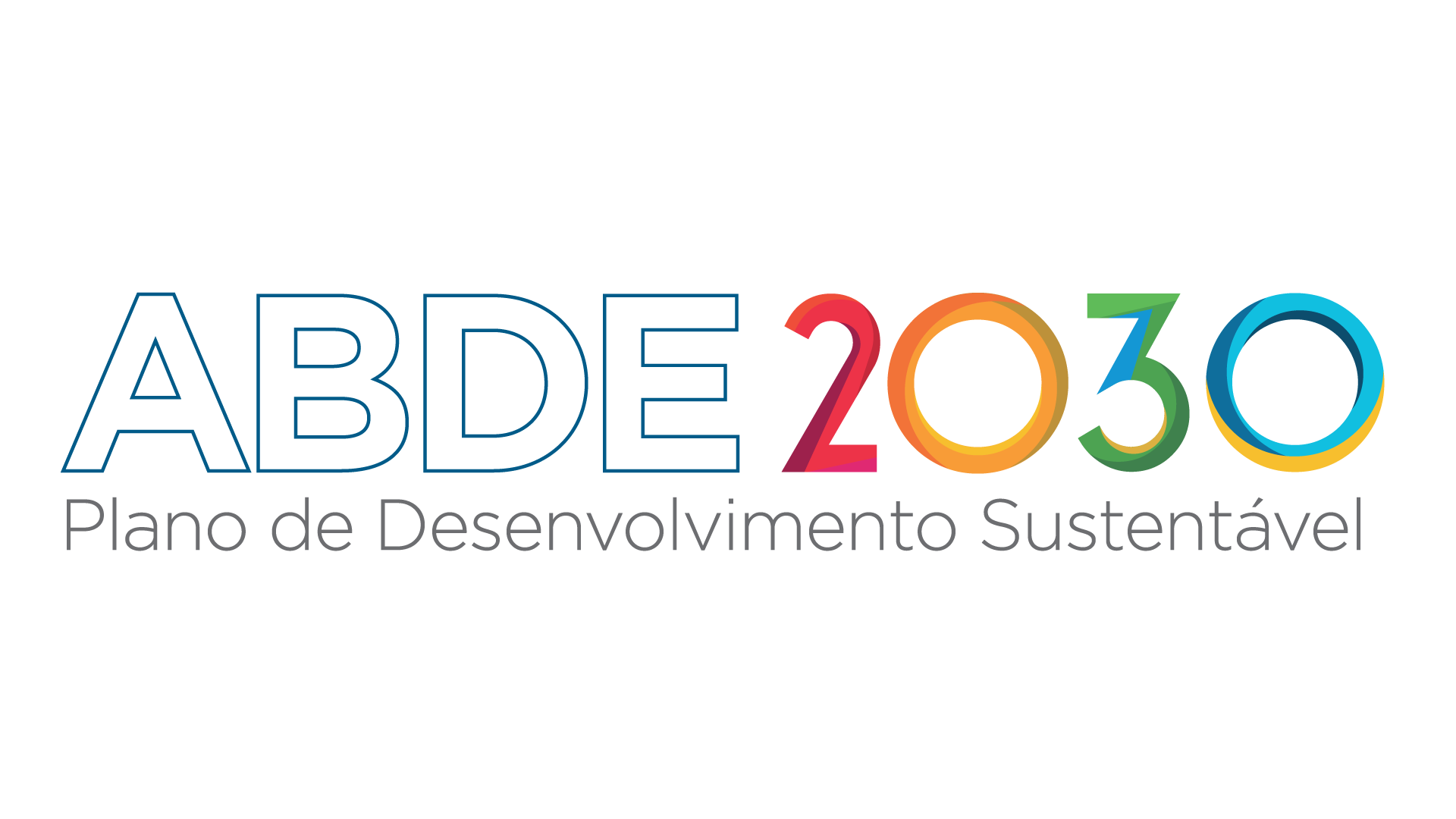
Launched by the Brazilian Development Association, in line with the United Nations Sustainable Development Goals (SDGs), the Paris Agreement, and the Addis Ababa Action Agenda, the ABDE 2030 Sustainable Development Plan indicates a possible path for Brazil to build a more sustainable future and opportunities for all.
The document, which analyzes the fulfillment of the SDGs in the country and maps the performance of the National Development Financial System (NDFS), presents five missions with transformative potential to guide the design of policies that promote the implementation of the goals and targets sets by the UN. The five missions proposed in the Plan are:
- Digital, smart and inclusive future
- Ecosystem of innovation in bioeconomy and for the Amazon
- Engaged agribussiness
- Infrastracture and sustainable cities
- Health as a driving force for development
The ABDE 2030 Plan was lauchedduring the 7th edition of the Development Forum, held in 2022, and since then the document has been an instrument for dialogue with strategic agents from Development Financial Institutions (DFIs), the private sector, public authorities, the third sector, and international and multilateral organizations.
The purpose of the 8th edition of the Development Forum and the preparatory cycle of #ForumDebate is to expand and regionalize the debate, along with professionals from the National Development Financial System (NDFS) on the implementation of the missions proposed in the 2030 ABDE Plan and how to strengthen and accelerate the fulfillment of this agenda in the country.
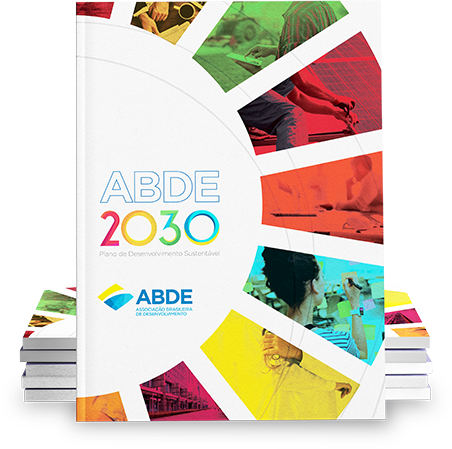
The National Development Financial System and ABDE
The Brazilian Development Association (ABDE) brings together the Development Financial Institutions (DFIs) present throughout the country - federal public banks, development banks controlled by states, cooperative banks, state commercial public banks with development portfolios, and development agencies -. in addition to Finep and Sebrae. This group of 34 institutions forms the National Development Financial System (NDFS).
The NDFS is a federative development network, which brings together IFDs with a regional reach, thats is, being federal, regional, and subnational, present throughout the country and knowledgeable about the specificities of each location. In addition to funding, it contributes with expertise and services to the sustainable development of Brazilian regions.
Over time, the system has been na important tool for overcoming the various challenges the Brazil has faced in its quest for economic development, and has playing a fundamental role in enabling the country to make the necessary transformations required at any given time.
Through the regional presence of the Development Financial Institutions and their talent for credit, the NFDS reaches all regions of the country and acts according to their specificities, based on public policies defined as priorities in each region, to finance projects that provide for sustainable growth of cities and states, expanding the reach of the National Financial System. The National Development Financial System is responsible for 70% of investment in Brazil and is fundamental to Brazil's sustainable development.


